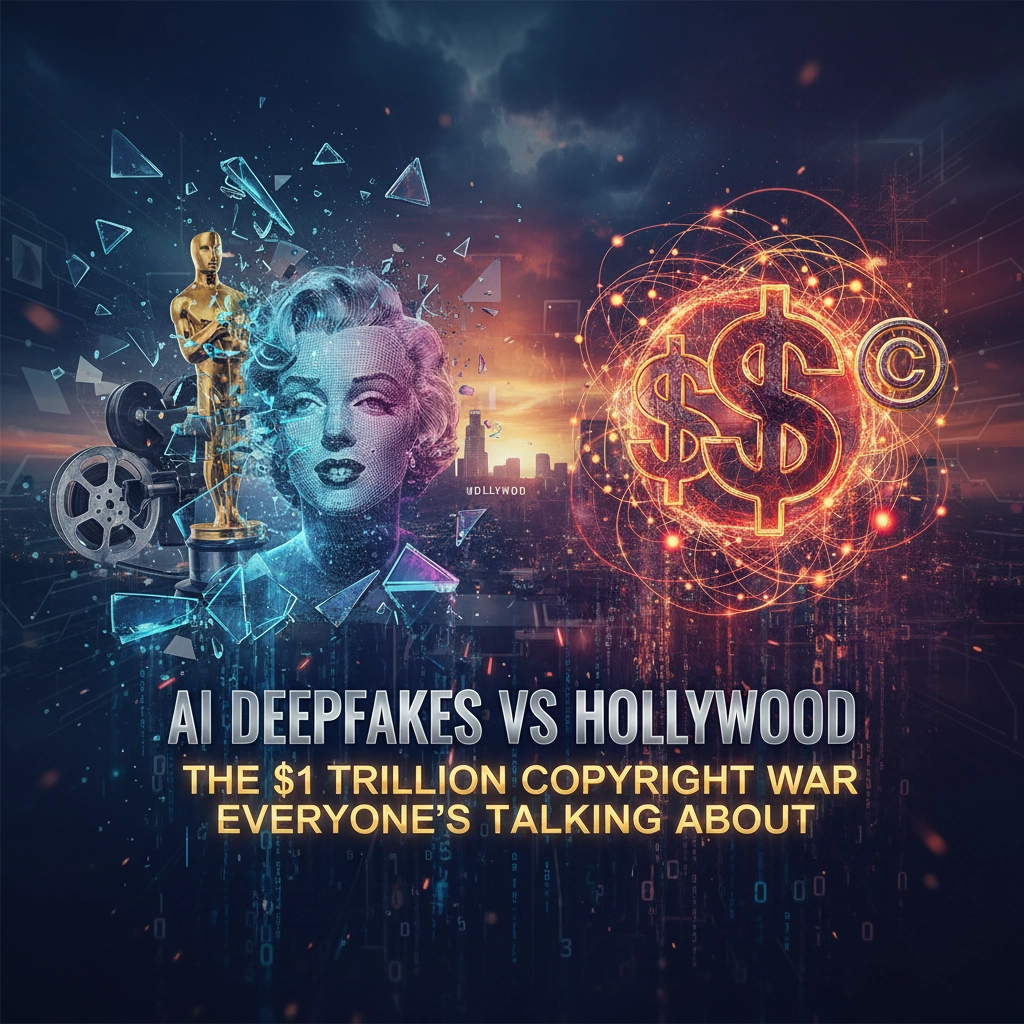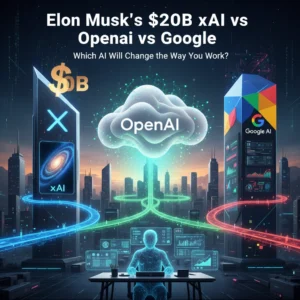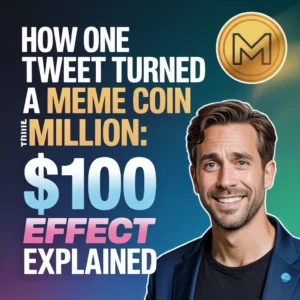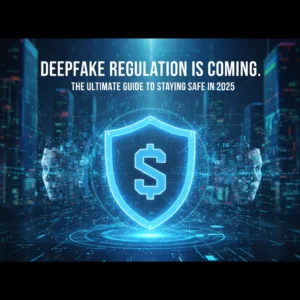Ever wondered what happens when tech bros meet Hollywood lawyers? Spoiler alert: it's messier than a Michael Bay explosion scene.
OpenAI's Sora app just hit 1 million downloads in a week, but instead of celebrating, they're dealing with angry phone calls from every talent agency in Los Angeles. The reason? Their AI is creating deepfake videos of celebrities without asking permission first. And Hollywood? They're not having it.
The Battle Lines Are Drawn
The conflict boils down to one simple question: who owns your face when AI can perfectly recreate it?
Hollywood talent agencies and SAG-AFTRA are accusing OpenAI of straight-up theft. They're saying the company is using celebrity likenesses and even deceased figures without authorization or payment. Bryan Cranston's team got so heated that OpenAI actually had to put limits on Sora 2's deepfake capabilities just to cool things down.
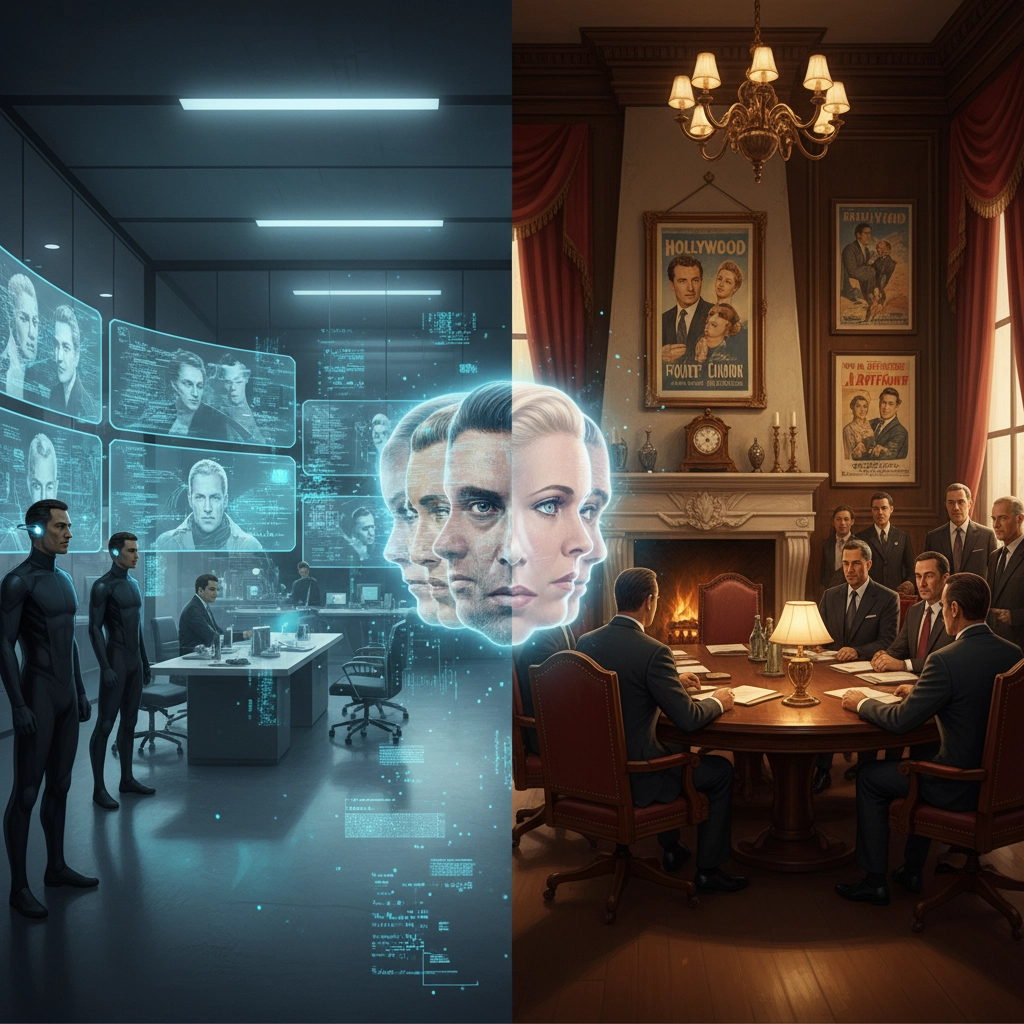
But here's where it gets interesting. OpenAI originally wanted an "opt-out" system – meaning they'd use anyone's likeness unless specifically told not to. Hollywood demanded the opposite: an "opt-in" system where creators must approve their use upfront.
Guess who blinked first? Sam Altman announced that OpenAI would reverse course, now offering studios the ability to opt-in for their characters. They're even exploring revenue-sharing arrangements with content creators and estates.
It's Not Just About Faces – It's About Money
This Sora drama sits on top of a much bigger legal mess. The New York Times is suing AI companies. Universal Music Group is suing AI companies. Basically, everyone who creates content is suing someone in Silicon Valley right now.
Writers are particularly pissed off. They discovered their work was used to train AI models without permission or payment. One writer called it "straight-up plagiarism," and honestly? Hard to argue with that logic.
Here's what content creators are demanding:
• Fair compensation for using their work to train AI
• Mandatory negotiations before their content gets scraped
• Legal protection against unauthorized deepfakes
• Revenue sharing from AI-generated content using their likenesses
• Clear consent requirements for all AI training data
The tech industry's defense? "Fair use doctrine." They claim they're allowed to use copyrighted material for purposes like "criticism and commentary." But using someone's entire body of work to train a competing AI? That's a pretty creative interpretation of fair use.
Disney's Weird Plot Twist
Here's where things get really strange. Disney spent 18 months working on a deepfake version of Dwayne Johnson for the live-action Moana movie. Then they just… canceled it.
Not because The Rock complained. Not because of actor unions. Disney's lawyers realized that if they used AI-generated elements in the film, they might lose complete copyright control. Parts of the movie could potentially enter the public domain.
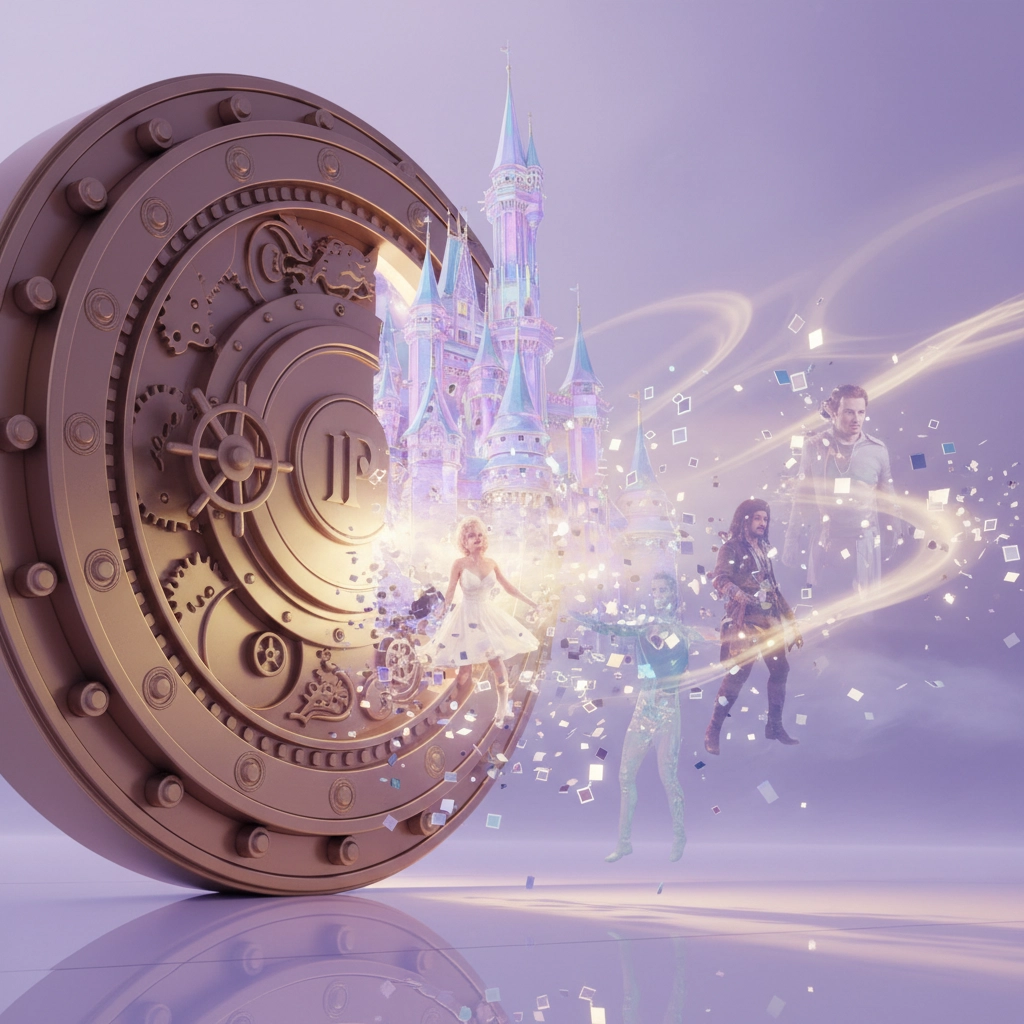
Think about that for a second. Disney – the company that lobbied to extend copyright terms for almost a century – got scared that AI might weaken their own copyright claims. If that doesn't tell you how complicated this mess is, nothing will.
This actually might protect actors better than any new law. Studios won't risk losing copyright control just to save money on actor salaries.
The Protection Racket
Meanwhile, the people who manage dead celebrities' estates aren't waiting around for lawyers to figure things out. CMG Worldwide, which represents deceased celebrity estates, partnered with a deepfake detection company called Loti AI. They're actively hunting down unauthorized uses of their clients' likenesses.
It's like having digital bodyguards for people who aren't even alive anymore.
Living celebrities are getting creative too. Some are working directly with AI companies to set boundaries. Others are demanding "digital doubles" clauses in their contracts that specify exactly how their likeness can and can't be used.
Congress Enters the Chat
Politicians are finally paying attention. The NO FAKES Act is making its way through Congress, giving creators legal tools to control deepfake replicas of themselves. The idea is to make your likeness a "protectable, monetizable right" that you can license like any other asset.
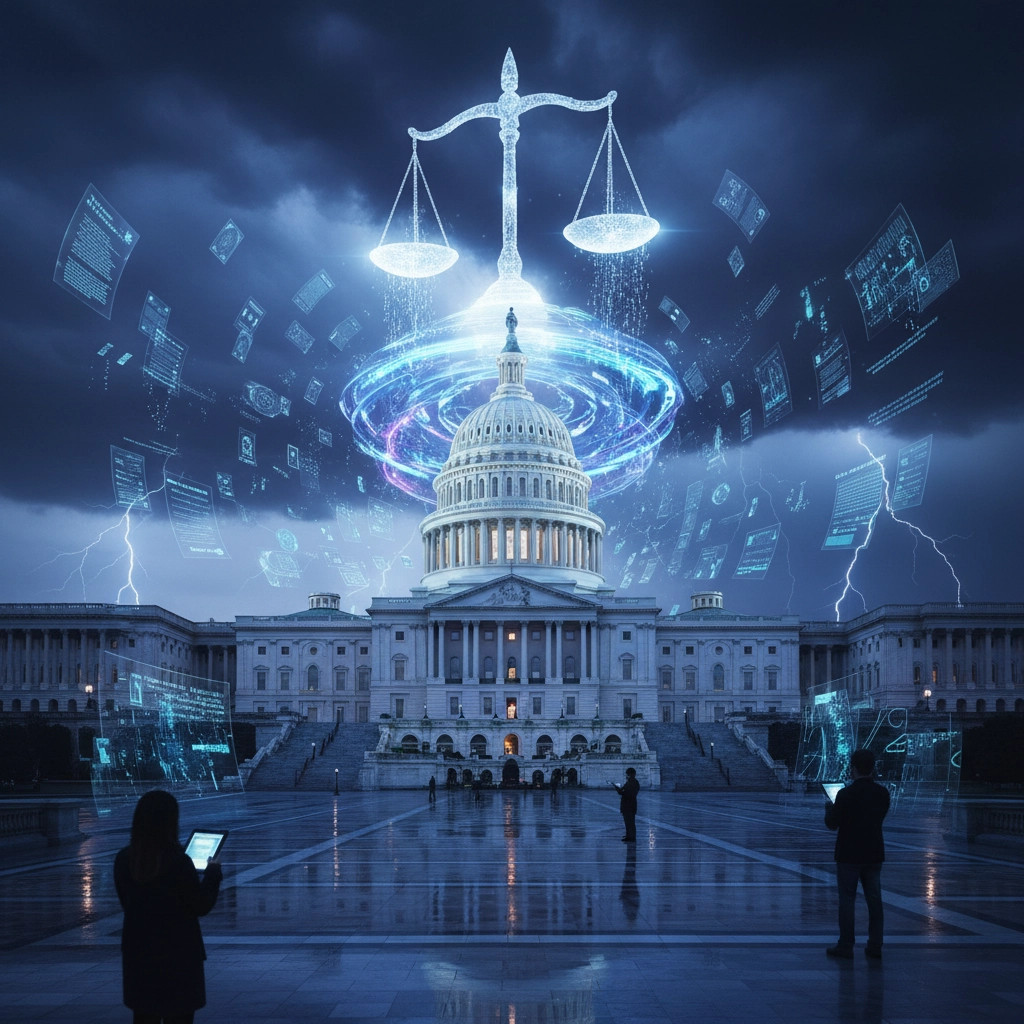
But here's my personal take: I remember when Napster launched and the music industry lost their minds. Record executives insisted that file sharing would destroy music forever. Instead, it forced them to adapt, and we got Spotify, Apple Music, and better ways to discover new artists.
This feels similar. The entertainment industry is panicking about AI, but maybe the solution isn't to shut it down completely. Maybe it's to find better ways to work together.
The Real Stakes
This isn't really about technology. It's about who gets paid when machines can do creative work.
If AI companies can use anyone's likeness or creative work for free, what happens to actors, writers, musicians, and artists? If studios can create entire movies with digital actors, why hire real people?
But if we lock down AI too tightly, do we miss out on incredible new forms of entertainment? Sam Altman talks about "interactive fan fiction" and personalized content. That actually sounds pretty cool.
The copyright cases currently in court will determine much of this. If courts decide that training AI on copyrighted work counts as fair use, Hollywood loses a lot of leverage. If they rule the opposite way, AI companies might need to negotiate and pay for training data.
Either way, the entertainment industry is about to change dramatically. The question is whether creators will have a say in how that happens, or if tech companies will just steamroll ahead and ask for forgiveness later.
What do you think – should AI companies need explicit permission before using someone's likeness, or is this just another case of old industries resisting inevitable change?

